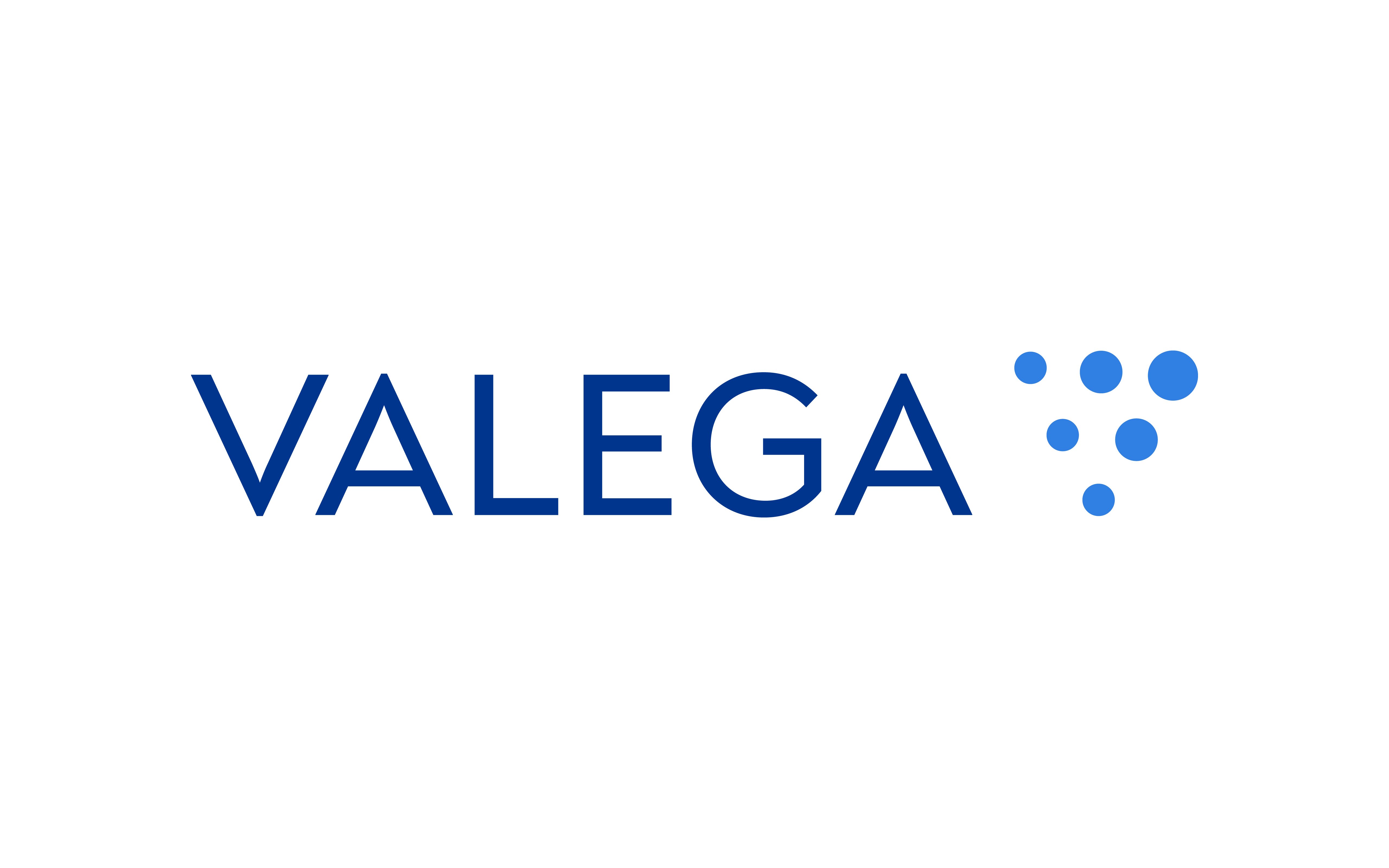5 Ways Banks Can Benefit From Blockchain Usage In 2021

With the world starting to embrace Blockchain financial technology in the likes of Bitcoin, Ethereum, and Dogecoin, one industry that has been mostly anti-crypto is the traditional financial industry. This has been especially true of banks.
Many see virtual currencies such as Bitcoin as competition, or as a dangerous way to financially transact due to money laundering, and illegal trading. Big banks all over the world have forbidden their employees from engaging in virtual asset trading, and some go as far as to ban their own clients from taking part in this emerging financial system. It may feel a bit drastic, but fear and lack of knowledge of new technology often spurs such drastic measures, many times without informed reason.
Early internet-haters, I’m looking at you!
However, things have started to change. Healthy and proactive financial regulations, which now included virtual assets, allow banks to view Blockchain as a potential technology basis for the future, and many financial institutions such as Revolut, eToro, Plus500, PayPal, and more have started to allow trading in Bitcoin as well as other currencies. They pave the way for more traditional banks to also embrace the movement.
With that said, here are 5 ways banks can use blockchain technology in 2021:
1.Blockchain banking can make transacting currencies across borders quick and efficient
The way in which we send money across borders today can be a lengthy process. It can take days before one sees money on the account, depending on where you’re sending it. The process is an old one and not much has actually changed. With the speed of Blockchain transactions and it’s swift (pun intended) ledger verification technology, banks are starting to experiment with Blockchain transactions, and initial results have been very positive. It is becoming more commonplace to try it out.
2. Blockchain makes identity verification processes leaner
Verification processes based on Blockchain technology can be conducted much faster and reliably. In the current manner, verification is handled by multiple banks around the world all repeating the same process, often making it painful and repetitive for many customers who want quick results. A blockchain-powered system can make these confirmations more streamlined, transparent, and easier for banks, as well as protecting personal information.
3.Trade financing with easier and cheaper steps
Most of the world trade today relies on trade financing, to go by what the World Trade Organisation (WTO) says. In trade financing, financial institutions serve as guarantors of the fact that the money in fact exists, and has been paid by the seller.
They then go on to inform the buyer, who can then proceed with the delivery of the product. Credit letters are then exchanged to show that the deal has been completed. These steps involve a lot of intermediaries (banks, creditors, insurers, and so on), and so it can be a slow and expensive process. Remember how we mentioned the verification process in point 2?
This is not that different. That same technology can decrease the process of verification of funds, recordkeeping, as well as decrease the need for intermediaries. It is a faster and cheaper process. Several notable banks are already engaging in this through platforms like we.trade, which is backed by Nordea, HSBC, Santander, and Deutsche Bank, just to name a few.
4. Blockchain Hedge funds can allow for greater participation, thereby maximizing investments
A hedge fund investment usually entails a fund manager and syndicate of investors collaborating as limited partners. The participants are usually professional traders, who differ from the standard investors we usually think of when hearing the word “investor”. The main aim of a hedge fund is to maximize the investors returns while minimizing risk.
Since 2017, the number of hedge funds trading cryptocurrencies has skyrocketed. The benefit of a decentralized virtual asset hedge fund is that it allows for an open platform, bringing in more investors and strategists to partner with it. Traditional hedge funds are controlled by the fund managers working within a single entity. Decentralization onto the Blockchain brings a lot of potential for maximising returns in hedge funds, furthering innovation within the traditional financial services industry.
5. Blockchain helps prevent money laundering and other illicit activities
With more recent regulations, there has been greater pressure on financial institutions as well as Virtual Asset Providers (VASP) to monitor monetary transactions, as well as knowing where the money is coming from and where it is going. This is a crucial part of the sustainability of financial technologies, as well as the safety of the general public. It all starts with the verification process when onboarding clients, called Know Your Customer (KYC). This is when financial institutions check the person or entity themselves for risk associations. However, it doesn’t stop there, as the monitoring of the transactions happening, and reporting of suspicious transactions detected is a reality that all financial institutions today need to meet. Blockchain technology institutions have come up with more efficient systems for cross-checking transactions and the origins of funds. Technologies such as VALEGA Chain Analytics as well as others in the industry have been perfecting this monitoring of transactions to filter out bad seeds using blockchain and the use cases for e-money.
The application of virtual assets in the traditional banking systems are broad: they can protect both the integrity of the financial systems, and at the same time the privacy of clients.
Do you see more ways in which blockchain could be used to benefit Banks in 2021? Feel free to comment on your thoughts!
WRITTEN BY
Sven Martinsson
Founding Partner and CEO


